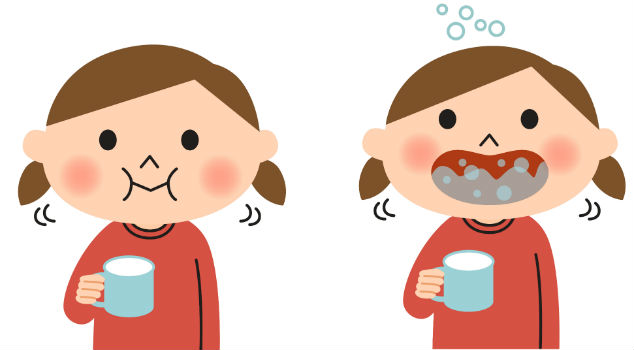Should I Use Mouthwash?

When it comes to taking charge of your oral health at home, there are so many factors to consider. Toothbrushes, toothpastes, floss- all play a role in keeping your teeth nice and clean between dental cleanings. Another component that most people use occasionally, if not daily, is mouthwash. For many, it’s just a way to cover up bad odors. But mouthwash can offer a lot more than just fresh breath.
Mouth rinsing has been practiced for thousands of years to treat a plethora of oral health issues. These rinses were made from an array of ingredients, including vinegar, salts, oils and exotic plants. With the invention of the microscope in the 17th century, it was discovered that the mouth is full of tiny microorganisms and bacteria that lead to plaque formation and other ailments. Scientists found that they could be killed using mouth rinses made from alcohol or vinegar.
Choose an ADA Approved Mouthwash
Today, a number of mouthwashes are available for sale. While most of them contain the same basic ingredients, many of them differ based on their active ingredients. These active ingredients can be used to combat bacteria, build up tooth enamel, prevent cavities, reduce plaque, or mask bad breath.

No matter which mouthwash you decide to use, it’s important that it carry the American Dental Association seal. The ADA independently tests and verifies that all mouthwashes manufactured in the United States meet stringent guidelines that prove it is both safe and effective.
Is Mouthwash Right for Everyone?
But is mouthwash good for everyone? Dentists agree that they are helpful in removing debris in hard to reach places and are particularly effective in defending against gum disease when used in conjunction with proper brushing and flossing techniques.
Most people can use any of the popular mouthwashes found on the shelves at their local pharmacy. However, oral hygiene is unique for everyone and some may find that they need additional protection that over the counter mouthwashes just can’t provide. In this situation, it’s best to speak with a dentist about which options are best for you.

